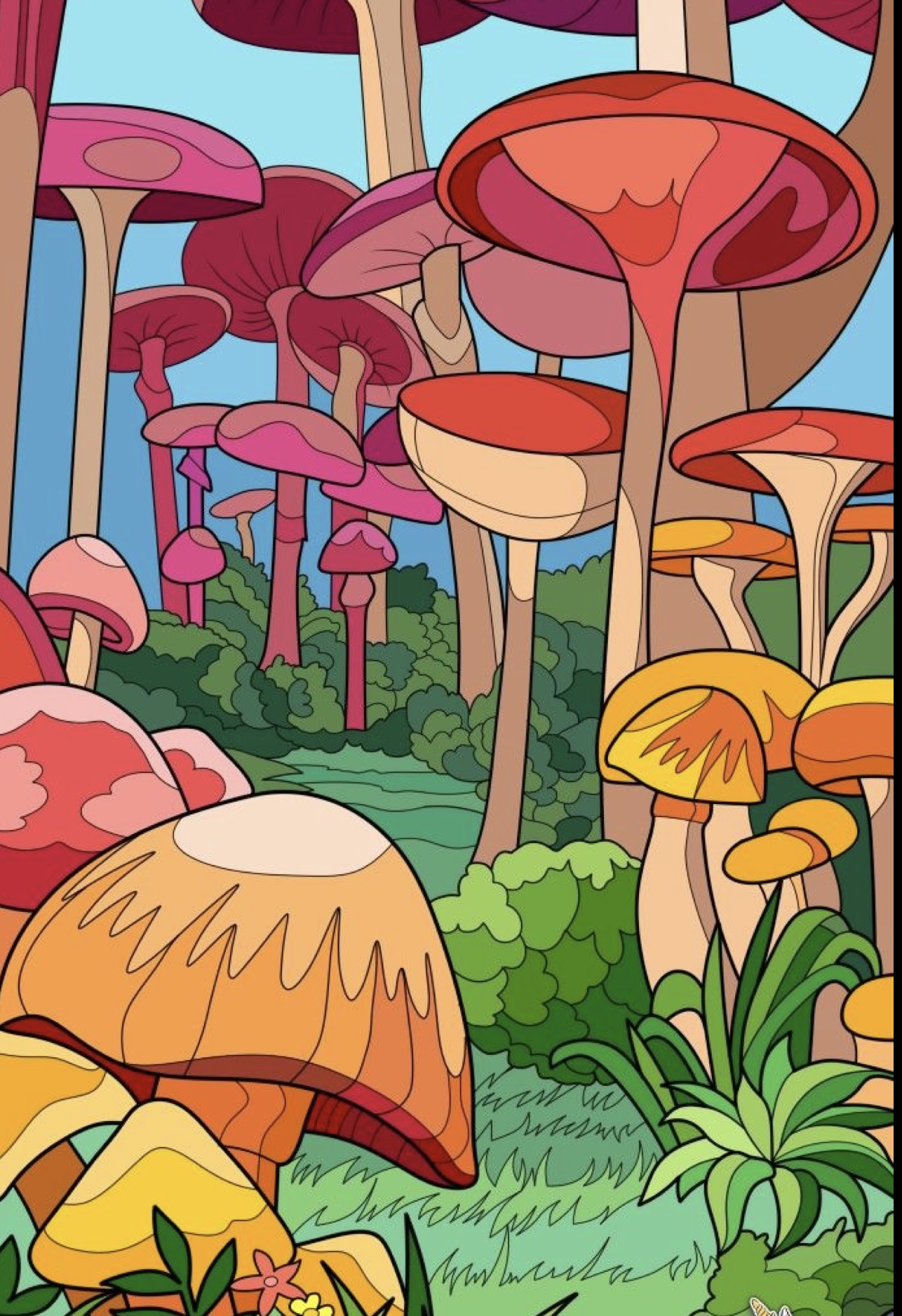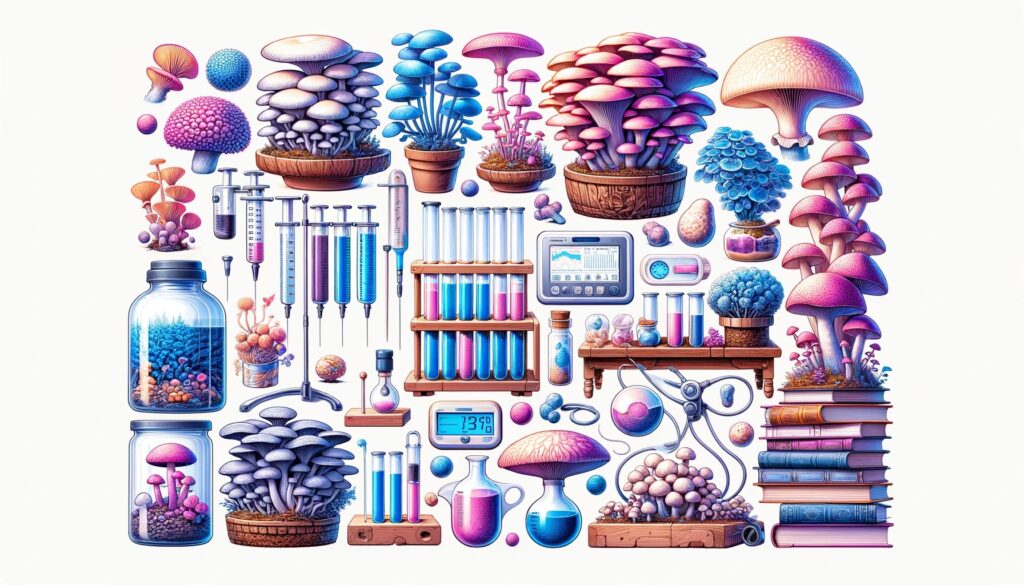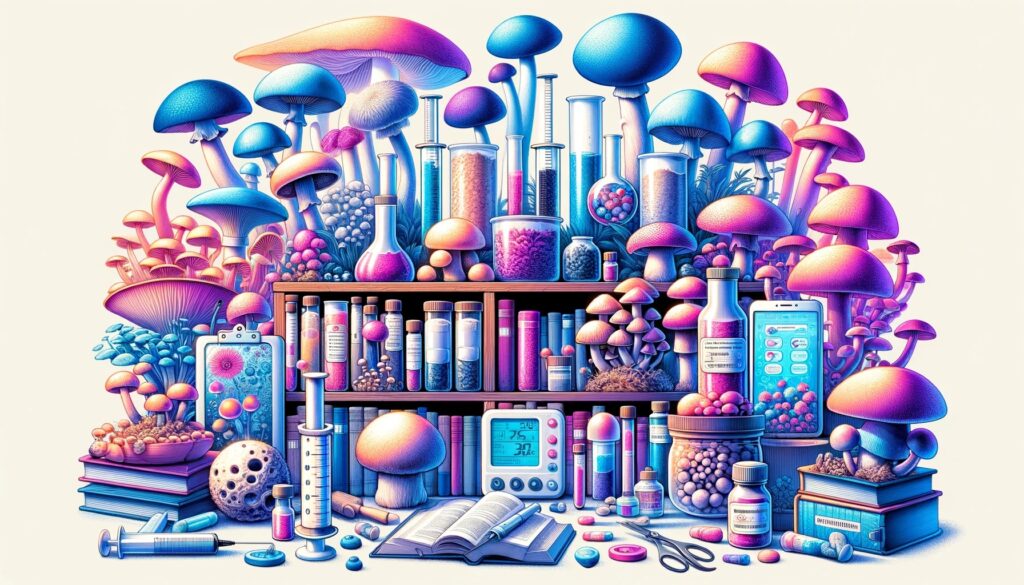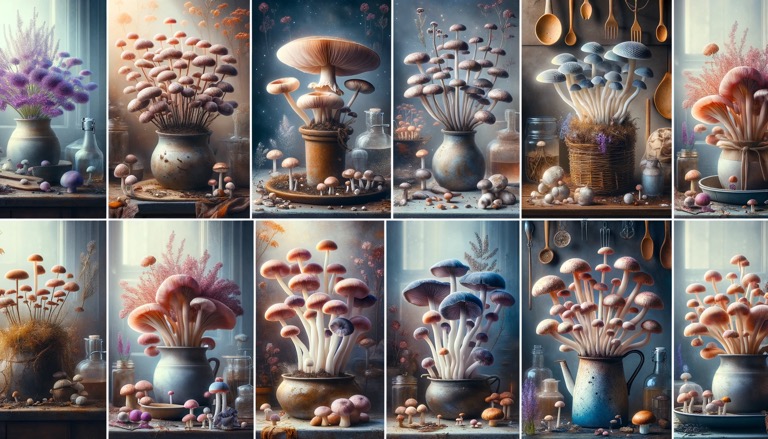

Disclaimer: We do not condone the growth or cultivation of any mushroom species deemed illegal in your jurisdiction. This article is meant for educational purposes only.
The intrigue surrounding mushrooms spans millennia, with their mystical and therapeutic qualities being an integral part of numerous cultures. These societies recognized their potential and utilized them in spiritual and healing practices. Today, modern science is rediscovering their profound applications, despite inconsistencies in legal status and persistent societal stigmas that cloud perception and impede progress.
The journey you’re about to embark upon through this article will invite enlightenment on the enigmatic realm of psychedelics. We ask that you delve into this topic with an inquisitive and receptive mindset, joining us in seeking out informed policy and access to these influential entities for the greater good.
Psychedelics pique scientific curiosity globally due to their impactful effects on psychological states and neural processes. Chief among their compounds are psilocybin and psilocin, which substantially interact with serotonin receptors heralding shifts in perception, mood, and state of consciousness.

Scientists have discerned variability in psychedelic mushroom constituents, where different species exhibit diverse psychoactive profiles. Research substantiates the capacity of these mushrooms to invoke anything from subtle mood shifts to transformative spiritual realizations. Furthermore, investigations underscore the importance of environmental and psychological contexts (‘set and setting’) in modulating psychedelic experiences.
Significant strides have been made in psychedelic research, demonstrating potential in treating mental health issues such as depression, anxiety, and PTSD. They’ve been shown to foster emotional openness, alleviate anxiety and depressive symptoms, and generally heighten well-being. Moreover, they serve to amplify creativity and spiritual encounters, solidifying their role in personal development and exploration.
Notwithstanding their promise, psychedelics are still heavily regulated, with many countries listing them as controlled substances. Ahead, we’ll examine their legal standing and guide you to reputable sources for lawful psychedelic products.
Legal attitudes toward psychedelics are markedly diverse internationally. In the US, they fall under Schedule I drugs, deemed non-therapeutic with a risk of misuse. Yet, municipalities like Denver, Colorado, have pioneered efforts to decriminalize psilocybin mushrooms, signaling a shift in perception and policy.

Internationally, places like the Netherlands allow regulated purchase and use, while others like Brazil and Jamaica permit them within religious ceremonies. Keep in mind that even where legal, regulations still apply, informed sourcing is crucial. As further scientific evidence emerges underscoring the therapeutic potential of psychedelic mushrooms, we can anticipate evolving legalities. We urge readers to remain informed and advocate for informed policies surrounding these substances.
Persistent myths around psychedelic mushrooms have impeded their acceptance. Here, we confront these myths with science and reality.
Myth: Psychedelics are inherently harmful.
Reality: When used responsibly and in controlled environments, psychedelics are generally safe. Research indicates low risk, especially relative to substances like alcohol or tobacco.
Myth: They foster addiction and dependency.
Reality: Psychedelics do not typically cause physiological addiction or withdrawal. Although some psychological dependence could occur, addiction rates are low.
Myth: There is universal illegality of psychedelics.
Reality: Legality varies, with some regions decriminalizing or legalizing psychedelics, and others permitting them under certain conditions.
Myth: Psychedelics are strictly for recreation.
Reality: Beyond recreational use, psychedelics have historical spiritual and medicinal significance, with modern studies supporting their therapeutic applications.
We hope this exploration has offered a comprehensive understanding of the common misconceptions that face all types of mushrooms especially, those of the psychedelic nature, haulting the understandig of their therapeutic promise. We stand by these fungi for their potential in fostering wellness, creativity, and societal advancement, and champion their careful legalization and regulation. If people were made more aware of the benefits that understanding their growth could lead, they may night be so quick to be a nay sayer and more around the world would advocate for them.